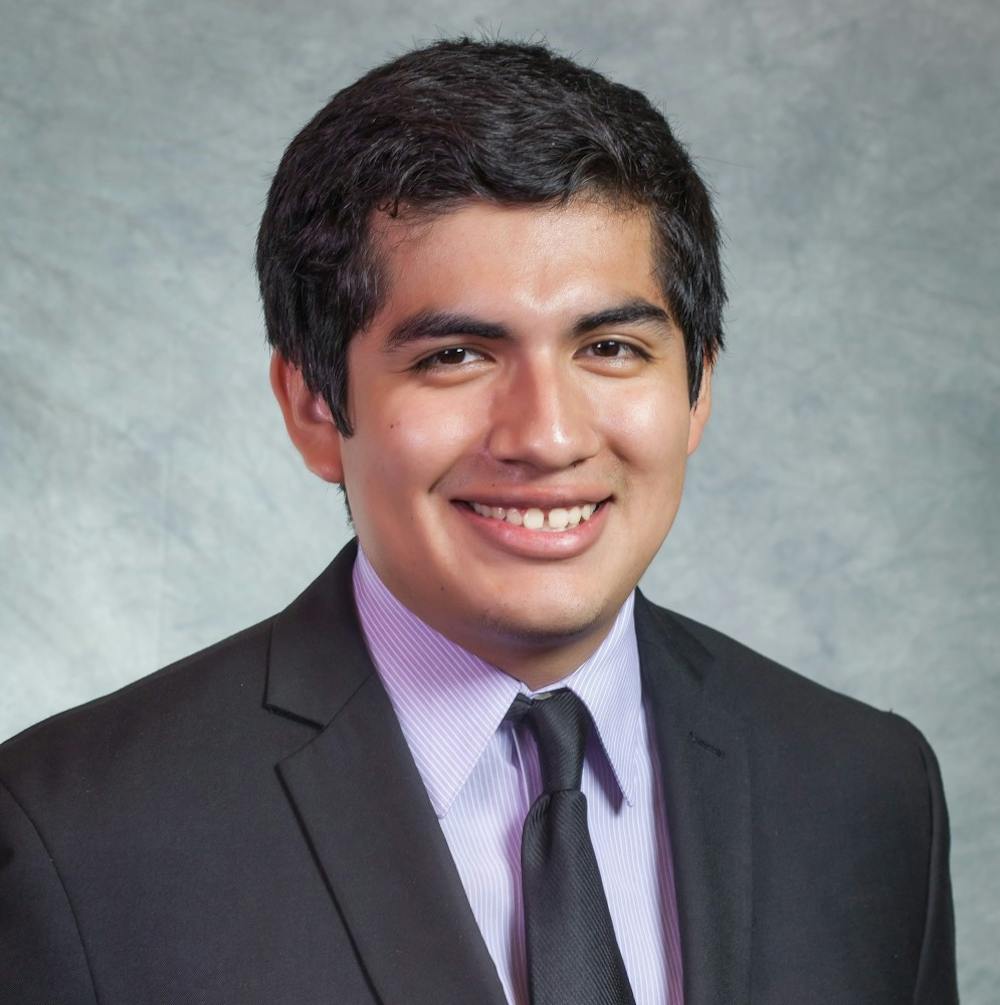
As the search for summer internships has picked up, first-generation, low-income students say that traditional job search avenues at Penn are not tailored to their experiences.
College senior David Thai said that Career Services offers a “one-size-fits-all” approach that does not take circumstances of FGLI students into account. Because his high school did not offer Advanced Placement or International Baccalaureate classes, Thai said that navigating Penn as a pre-med freshman had a “huge learning curve.”
When he we went to Career Services for advice on adjusting to Penn, however, Thai said he did not receive the support he was looking for.
“I remember being deterred,” he said. “The folks there were telling me, 'Maybe you should reconsider being pre-med,' instead of offering resources and support that would help me be a better pre-med student.”
Career Services has tried different ways to offer resources for FGLI students in the past, however. It gives priority to FGLI students in a program that funds unpaid summer internships, and it launched an initiative to offer students free professional clothing in the spring of 2017.
Claire Klieger, the senior associate director at Career Services, said that Career Services will continue its efforts to serve FGLI students.
“We’re hoping to … develop, at least on the undergraduate side, a student advisory board comprised of some first-generation students to figure out where some of the other gaps are,” Klieger said.
FGLI students said Career Services is not the only campus job resource that fails to adequately consider their personal experiences. The on-campus recruiting process can also be isolating for those in the FGLI community.
Thai said most job recruiters he talked to during OCR could not relate to his background.
“It was very much condescending, but at the same time it felt like [recruiters] were pitying me,” Thai said, of his OCR experience. “They didn’t see it through the perspective of 'ok, I overcame all of this, and here I am interviewing with you.'”

College junior Jonathan Delgadillo Lorenzo also added that typical recruitment settings can be difficult to navigate for FGLI students who cannot always afford professional clothing. Delgadillo said that, until last fall, he only had one suit to wear to job interviews — the same suit he wore to prom.
Delgadillo also said that traditional professional development settings can isolate FGLI students when they assume a level of background knowledge that comes with having college-educated parents.
“We don’t come in with a lot of social capital. We don’t have the privilege of not being forthright and intentional with going to [general body meetings] and events,” Delgadillo said. “We can’t just say, 'Oh, I don’t care, my dad’s best friend works at Goldman and he can offer me something for the summer' — there’s no security.”
In response to their experiences, some FGLI students have created new resources to aid them in the summer internship search.
Collective Success is a student-run nonprofit organization that was created with the intention of offering career advice specific to FGLI students. Penn's chapter of the organization was co-founded by Thai and College senior Kamilla Yunusova, and it offers career-oriented resources and programming to FGLI students at Penn, Temple University, and Drexel University.
The annual Ivy League conference for first-generation students, 1vyG is another resource FGLI students can turn to for professional development. The conference, which will be hosted at Penn in February, will feature five workshops geared toward post-graduation success and will include a career fair.
Thai, who is a director of student programming for the conference, said that he anticipates that the setting will be a more welcoming environment for FGLI students compared to OCR, where recruiters often come from more privileged backgrounds.

Photo from Adrian Fletcher
Wharton sophomore Adrian Fletcher, who is a professional outreach chair for Collective Success, said that he hopes the nonprofit can give FGLI students resources that other students take for granted.
“Having immigrant parents and coming to America, a lot of times they’re really focused on making sure they provide for you,” Fletcher said.
“[They’re] not really necessarily focused on teaching you how to give a proper handshake, [and] how to write a proper resume because they might have not ever done that themselves.”
The Daily Pennsylvanian is an independent, student-run newspaper. Please consider making a donation to support the coverage that shapes the University. Your generosity ensures a future of strong journalism at Penn.
Donate



